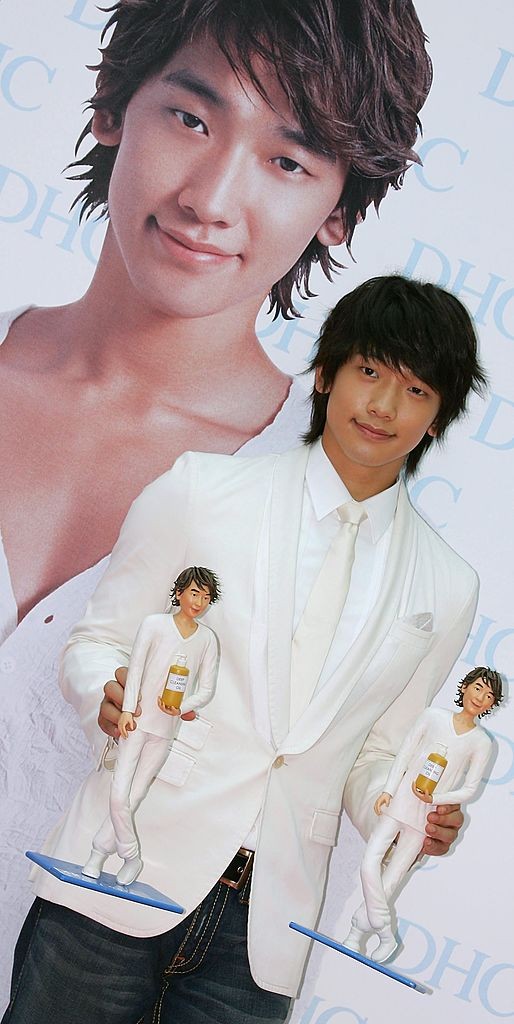China’s noose on Hallyu stars is getting tighter with “Descendants of the Sun” actor Song Joong-ki the latest victim after Vivo, a smartphone company, pulled out the TV commercials featuring the actor but promised to pay him in full the 22.8 million talent fee.
In an analysis of recent events, Bloomberg pointed out that China’s using the Terminal High Altitude Area Defense (THAAD) made South Korean celebrities unlikely political pawns. The impact of the ban goes beyond the talent fees of Korean actors and singers since Seoul enjoyed in 2015 a 13.2 percent hike in export of South Korean culture in the form of dramas and movies which Chinese fans lapped up.
Song Joong-ki is the best example of how Hallyu has become a threat to China when its Ministry of Public Security warned Chinese from falling for the 31-year-old actor. But the fans ignored the warning and patronized the actor’s fan meet in key Chinese cities.
Korean soaps sell more than just sudsy romantic series since the products endorsed by the Hallyu stars are sold out in China too. The heavier reliance on cultural export showed the success of the South Korean government’s strategy initiated in the 1990s to diversify its export beyond manufactured products.
The success of Korean drama is it has a wider range of themes to explore, as demonstrated by “Descendants of the Sun” which combined military action with medical drama, and “W,” a webtoon that mixed romance with anime. In contrast, Chinese TV shows, besides being heavily censored, only revolve around imperial dynasties and World War II.
Even some Chinese officials, such as Wang Qishan, the country’s anti-corruption czar, admitted at a National People’s Congress meeting, he is a Korean drama fan, noted South China Morning Post. Bloomberg believes the ban would be short-term because prolonging the prohibition only stresses how weak China is in going beyond standard cultural fare.



























